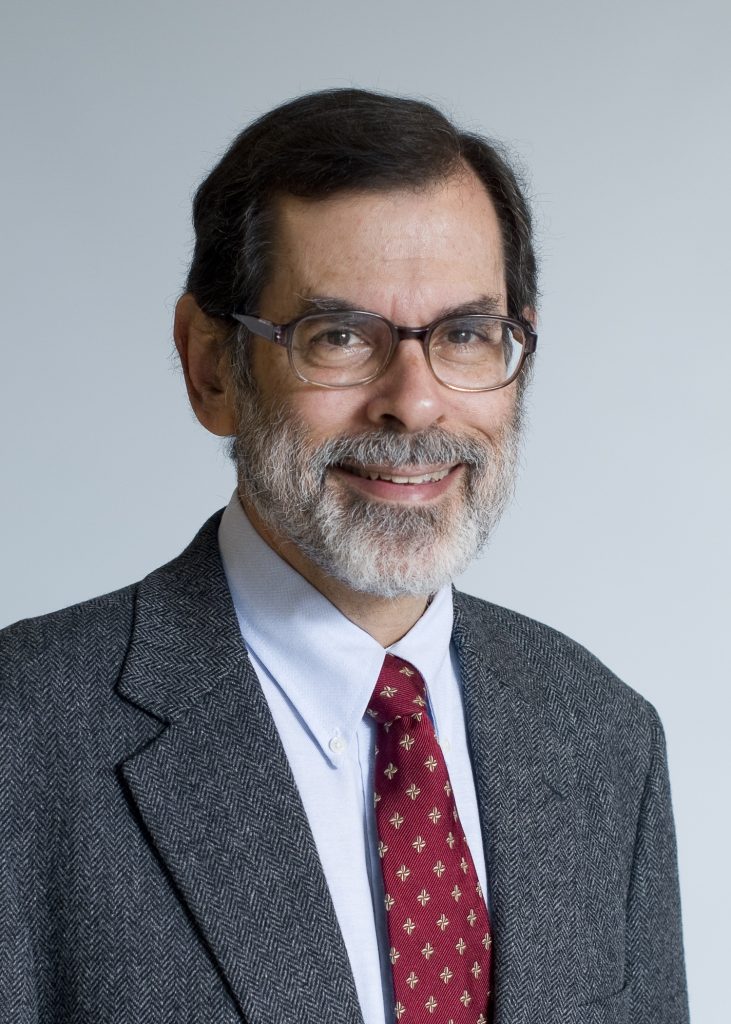
President Donald Trump signed an executive order on Friday, January 27, limiting refugees into the U.S., barring the citizens of seven countries – Iraq, Iran, Syria, Somalia, Sudan, Libya, and Yemen – from entering the U.S. on any visa category, and, consequently, also creating new barriers to the global exchange of scientific information. The order has caused confusion and there has been a lack of clarity among various U.S. agencies about its implementation. In the coming days, we expect to see legal challenges to overturn the order both through the judicial and legislative processes, but we do not know whether this order will be allowed to continue to be implemented.
… we need and welcome the participation of clinicians and researchers from around the world to share information, facilitate research across the globe and better care for those afflicted by endocrine diseases.
What we do know, however, is that science at its core is an international endeavor. Global collaborations enhance biomedical research and clinical trials rely on international cooperation. Science recognizes no limitations based on the origin, race, creed, gender or color of the scientist. These are fundamental principles of the Endocrine Society.
The Endocrine Society is a professional society, with over 18,000 members, 40% of whom work outside of the U.S. Our annual meeting, ENDO, is the premier scientific meeting for endocrinology and we need and welcome the participation of clinicians and researchers from around the world to share information, facilitate research across the globe and better care for those afflicted by endocrine diseases. Through our programs, we are proud to reach out to diverse participants and include all our colleagues in our mission to advance excellence in endocrinology and promote its essential and integrative role in scientific discovery, medical practice, and human health.
The Society strongly opposes efforts that create barriers to the exchange of scientific information. We will continue to welcome and support scientists and clinicians from around the globe because science, like disease, has no borders. We are currently working with the broader research and medical communities on supporting legal efforts to overturn the order and we are exploring ways to accommodate those colleagues who are prevented from attending ENDO by arranging special online access to sessions.
We will continue to welcome and support scientists and clinicians from around the globe because science, like disease, has no borders.
The executive order has direct impact on Endocrine Society members – we have already heard concerns from colleagues in targeted countries about missing ENDO this spring. We also recognize that as a result of this order there are physicians and scientists training in the U.S. who are now unsure of their status and patients from targeted countries blocked from participating in studies.
We will keep our members apprised of developments on this issue and we will not back down from the core principles that make us a global forum for endocrinology.

